By Association for Cultural Economics Poland
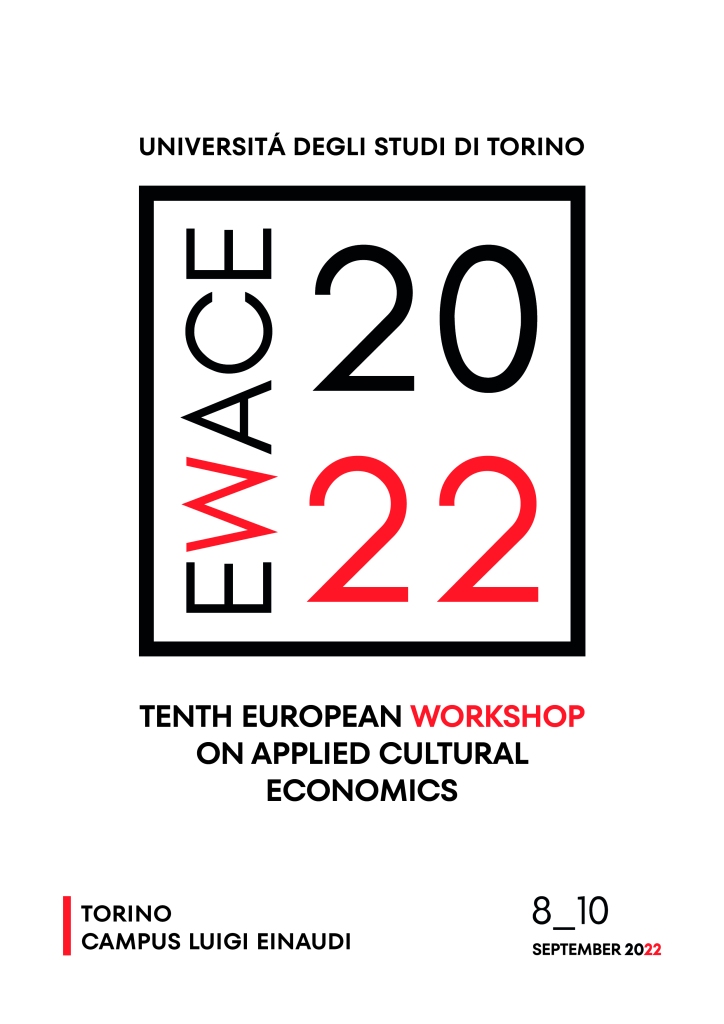
The European Workshop on Applied Cultural Economics (EWACE) returns to northern Italy to celebrate its 10th anniversary. Originally organised by Roberto Zanola (University of Eastern Piedmont) and Antonello Eugenio Scorcu (University of Bologna), this time taking place in Torino University 8 – 10 September 2022. Over 50 presentations, increasingly with multiple authors and with a balanced gender representation, evidence an active, creative, and engaged community of specialized economists worldwide.
Continue reading “10th EWACE 2022: CELEBRATING GROWTH AND DIVERSITY”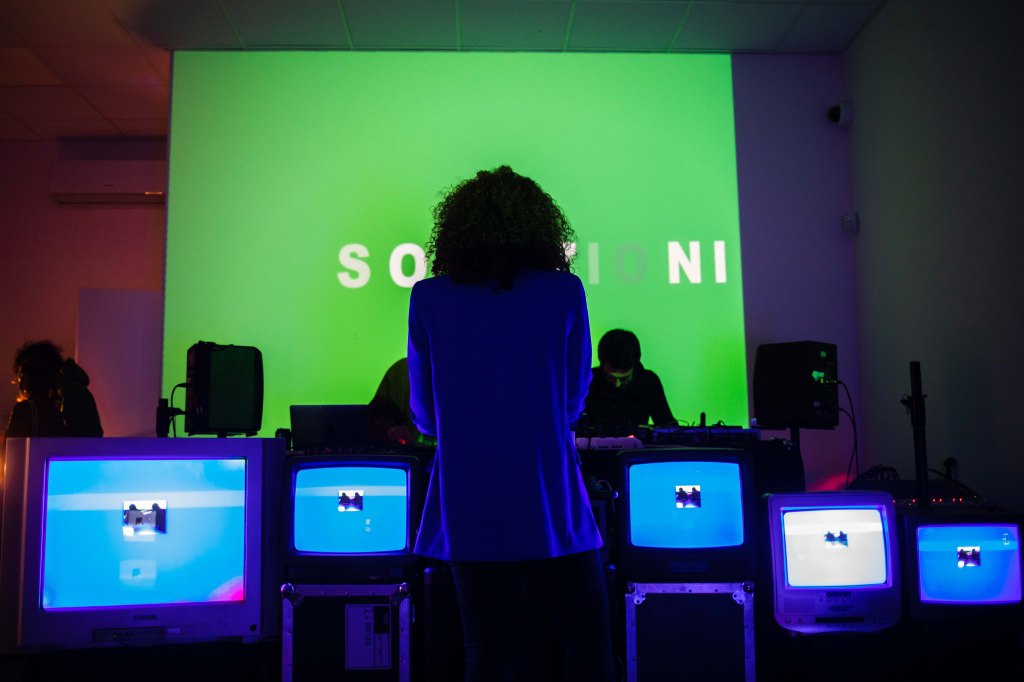
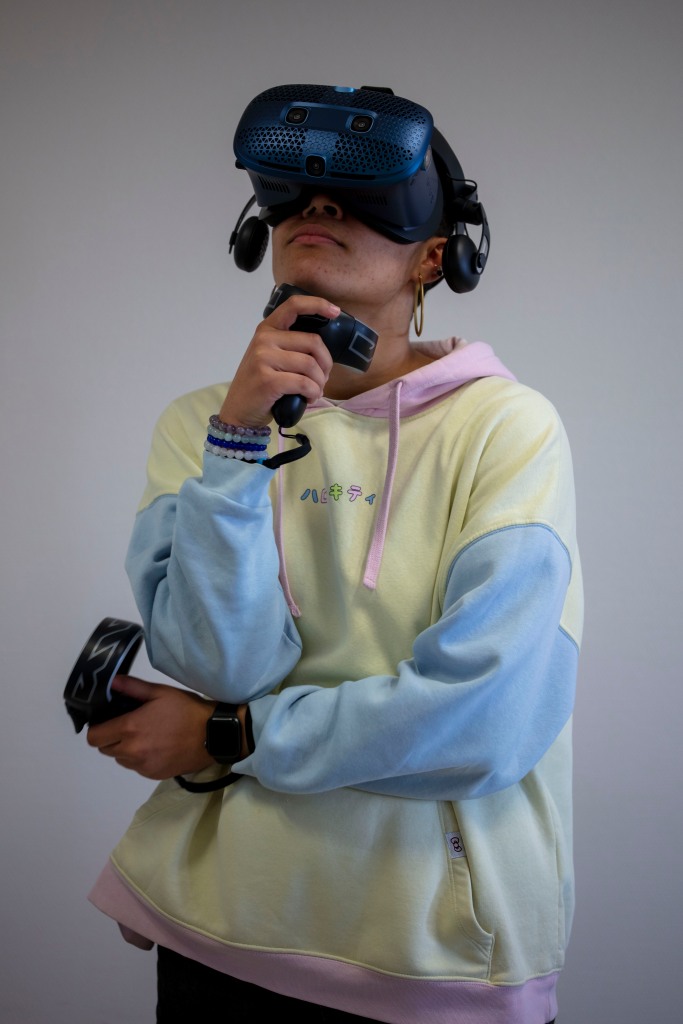
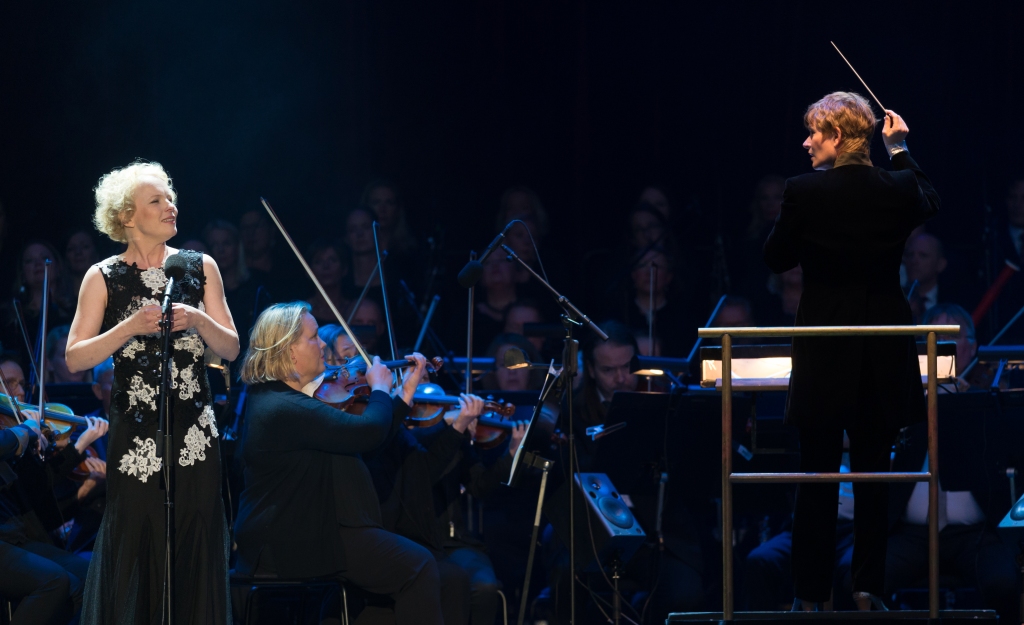

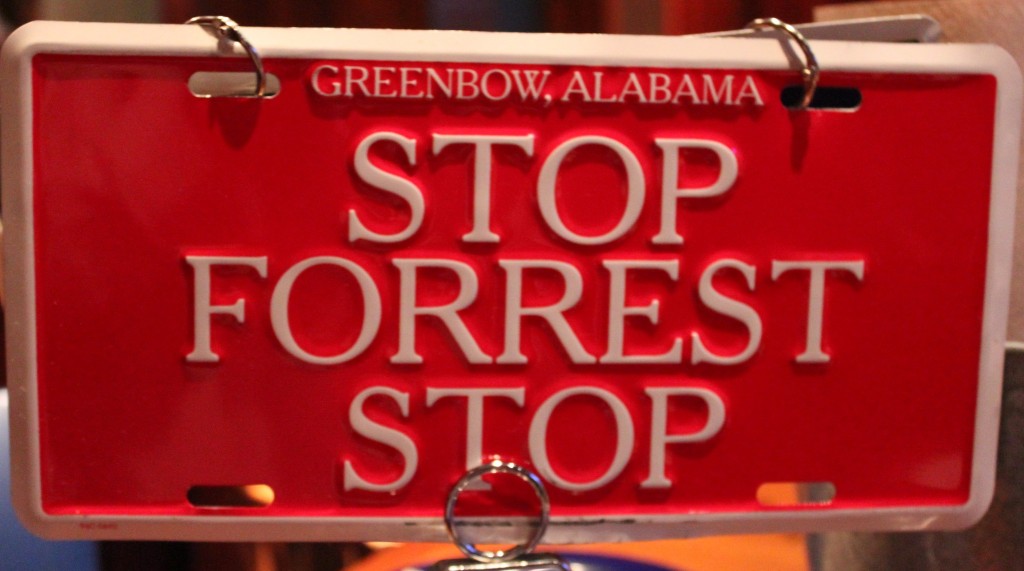
Recent Comments